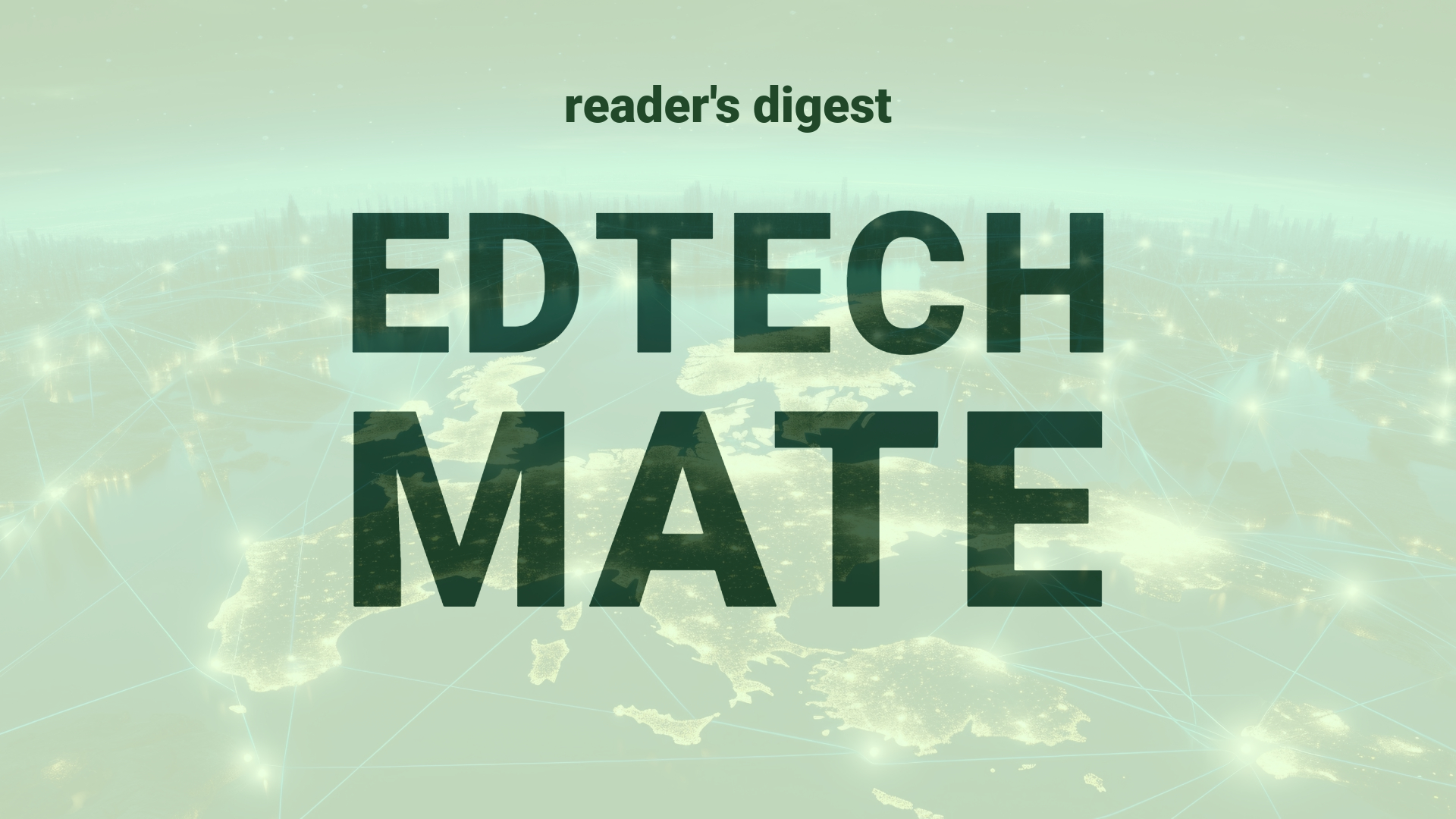Executive Summary and Main Points
Recent discussions at “Coffee with Digital Trailblazers” have focused on identifying the right individuals to lead digital transformation, termed Digital Trailblazers. Attributes of Digital Trailblazers have been categorized into five key competencies: leadership skills and mindset, personal competencies, transformation, people skills, and digital skills. Strategic thinking and value creation have emerged as paramount for Digital Trailblazers, pointing to their crucial role in ideating and executing transformative digital initiatives within organizations.
Potential Impact in the Education Sector
The competencies and attributes identified for Digital Trailblazers could greatly influence the education sector. In Further Education and Higher Education, these traits can enhance digital literacy, promote innovative thinking among educators, and prepare students for a technology-driven job market. They can lead to the development of Micro-credentials by aligning digital skills with market needs. Strategic partnerships between tech leaders and educational institutions may accelerate digitalization and modernize curriculum design, leading to a substantial impact on education delivery.
Potential Applicability in the Education Sector
AI and digital tools, under the guidance of Digital Trailblazers, can lead to personalized learning experiences that adapt to individual student needs. These innovations can facilitate the introduction of micro-credentialing systems that provide flexible, competency-based educational pathways. In global education systems, Digital Trailblazers can advocate for digital transformation by implementing cutting-edge technology for administrative efficiency, fostering cross-institutional collaborations, and developing digital repositories that expand access to educational resources.
Criticism and Potential Shortfalls
While the role of Digital Trailblazers is celebrated for its transformative potential, criticism may arise over the homogeneous cultural and ethical perspectives they represent. Real-world examples, such as varying digital readiness levels across countries, pose challenges to the universal applicability of these competencies. The teacher and transparency traits, rated lower by respondents, suggest an oversight that could impact adoption within the education sector, where these attributes are traditionally valued. A comprehensive understanding of diverse educational systems is essential to mitigate the potential shortfalls of a one-size-fits-all approach.
Actionable Recommendations
To capitalize on the potential of these technologies, education leaders should seek to integrate Digital Trailblazer competencies into professional development programs and leadership criteria, ensuring that educators and administrators are equipped to drive innovation. Institutions should prioritize strategic digital transformation goals and form partnerships that focus on knowledge sharing and collaborative development of digital solutions. Additionally, fostering a culture that values a balance of tech-savviness and traditional educational values such as transparency and the role of the teacher may lead to more holistic and effective digital transformation in education.
Source article: https://blogs.starcio.com/2024/04/leadership-attributes-digital-trailblazers.html

